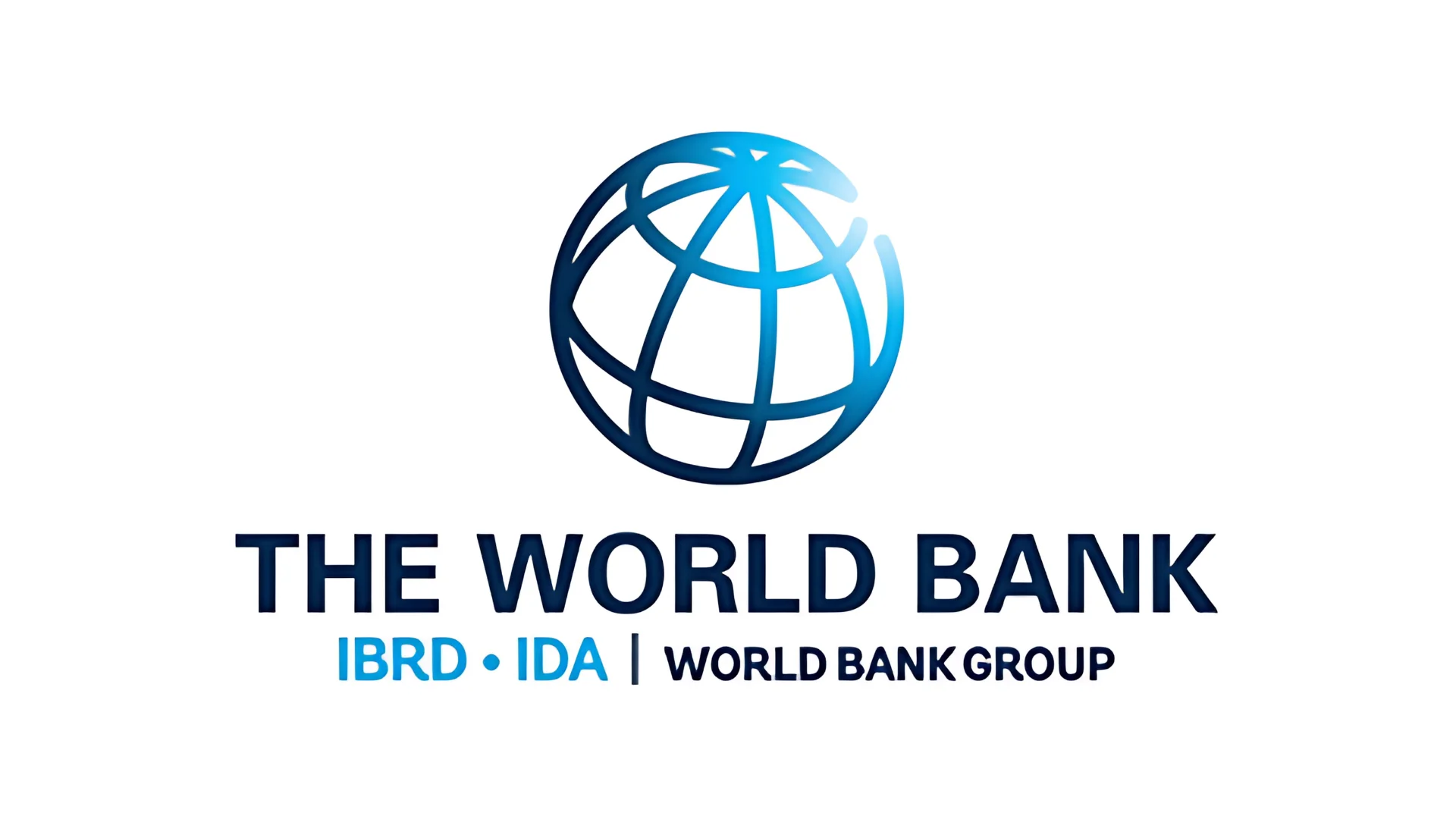Maritime transport is a key component of global trade, with over 80 percent of goods moved by sea. Developing countries play a significant role in this sector, making up about 55 percent of seaborne exports and 61 percent of imports. Ports are central to economic growth and international trade, while also supporting resilient supply chains and efforts to address climate change.
Deep-sea shipping contributes around three percent of global greenhouse gas emissions. The sector is working to lower its carbon footprint, but the effects of climate change are already impacting ports and major maritime routes. The World Bank highlights that improving port infrastructure and adopting digital solutions can help protect these facilities from disruptions and improve operational efficiency. Additionally, ships are expected to transition to zero-carbon fuels such as green hydrogen, which could open new opportunities for development in renewable energy and related industries.
The World Bank’s approach focuses on three main areas: greening ships and ports, digitalizing operations, and improving efficiency.
In the effort to decarbonize shipping—a sector that faces challenges due to long-distance travel—hydrogen-based fuels like green ammonia and methanol are being considered as alternatives. Many countries have potential for producing these fuels. According to the World Bank, "The World Bank assists client countries, especially Least Developed Countries (LDC) and Small Island Developing States (SIDS) to develop global policy, which can reduce the sector’s carbon footprint in an equitable and inclusive way."
Digitalization is another priority for modernizing maritime operations. Improved coordination between vessels and ports through digital tools can cut costs and emissions but also increases exposure to cyber threats. The World Bank notes the importance of protecting critical maritime infrastructure from such risks.
Operational efficiency at ports helps lower shipping costs for client countries while strengthening supply chain resilience—a factor important for food security among other concerns. Enhancing efficiency is often seen as a direct way to get better use out of existing infrastructure with both financial and environmental benefits.
To benchmark performance in this area, the Container Port Performance Index (CPPI), published annually by the World Bank together with S&P Global, serves as a reference point for measuring container port effectiveness based on vessel time spent in port (https://www.worldbank.org/en/news/press-release/2024/06/04/container-port-performance-index-2023).
Recent publications from the World Bank cover topics including reform toolkits for ports (https://openknowledge.worldbank.org/entities/publication/5f81e66b-7f2c-41bc-b70e-c0ef8d8b0ba1), strategies for creating green marine fuel markets (https://openknowledge.worldbank.org/items/b2cf5731-e77c-5a2d-bd60-a54ac47fa9da), distributing carbon revenues from shipping (https://openknowledge.worldbank.org/items/a537ada7-cfc6-4974-b85a-fcbccf660bc3), enabling energy transitions through carbon revenue policies (https://openknowledge.worldbank.org/items/f40db78b-13e9-42bb-abee-dcd27dcda30a), actions needed for accelerating digitalization in maritime supply chains (https://openknowledge.worldbank.org/items/d94be03c-fcad-4081-be53-df98de75b177), assessments of port performance from previous years (https://openknowledge.worldbank.org/items/c71c2229-f995-48fb-aa34-f11aa5a86b68;https://openknowledge.worldbank.org/items/0ff62ed6-c19d-4fc3-a7fd-e64e82566ce1;https://openknowledge.worldbank.org/items/f299f79c-d888-4200-b24a-ac95ad25622d;https://openknowledge.worldbank.org/entities/publication/d37bdac2-a90e-4184-ad72-ca48151dd6eb;https://openknowledge.worldbank.org/entities/publication/bbe04f44-a93e-4628-a14c-db93417fe181), LNG's role in low-carbon transitions (https://documents1.worldbank.org/curated/en/747601617465423180/pdf/The-role-of-LNG-in-the-transition-toward-low-and-zero-carbon-shipping.pdf), prospects for zero-carbon bunker fuels in developing economies (https://documents1.worldbank.org/curated/en/630451617468826348/pdf/The-potential-of-zero-carbon-bunker-fuels-in-developing-countries.pdf), as well as resources on global transport costs data sets compiled by the World Bank with UNCTAD (https://databankfiles.worldbank.org/public/ddpext_download/GTC_Database.html).

